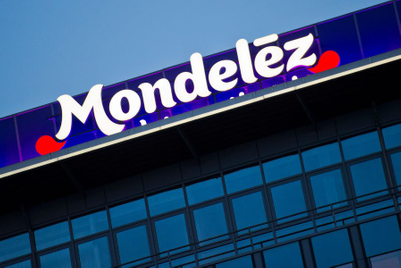
Organisational silos are getting worse in China.
This happened two weeks ago. A potential client's e-commerce department briefed us on a campaign pitch and told us we were competing against an agency recommended by the same client's marketing department and was briefed by the marketing department directly.
Who owns the marketing plan and budget in China these days? That’s one of the challenges faced by many Chinese brands as more money is being poured into e-commerce than ever before. Numerous companies are splitting up their marketing plans and budgets by channel, and it’s sometimes unclear who’s calling the shots. I’ve even heard one client refer to teams separated by consumer communications method: one team handles 'one-way marketing' (advertising), while the other controls 'two-way marketing' (social, CRM and e-commerce).
The result? A massive communications disconnection. Brands with fancy outdoor and online video spots have left their e-commerce platforms to be designed by their distributors or Taobao Partners (TPs). Their flagship sites are often poorly designed and primarily driven by bulk sales and promotions.
The online marketing game has moved to e-commerce in China. Now it’s time that brands de-silo themselves to take this channel seriously.
E-commerce has opened up new growth streams without the need for costly traditional retail outlets. There are clearly more opportunities to channel messages to the right customer segment than before, but there is a paucity of organisational readiness. According to a recent global study commissioned by Wunderman titled Future Ready, 73% of companies are operating in silos, while three-fifths are lacking common goals among departments.
Over the past few years, I’ve worked with too many companies that suffer from too much infighting and divisiveness to be able to win in China’s rapidly-changing digital economy. Instead of working towards similar ends, marketing and e-commerce departments still operate separately, with sometimes completely different campaigns for engaging the same group of consumers. Data is often hoarded within single departments and not shared to improve targeting. Some companies even 'empower' their e-commerce teams to conduct pitches, often battling with their own marketing teams that take the same brief to their preferred set of agencies, as I've experienced recently.
So, clients, making your company better prepared for China’s digital transformation to omni-channel retailing will only happen when your teams join forces and push forward a unified plan. These don’t happen naturally and have to be mandated from the top.
MAC Cosmetics China's marketing and e-commerce teams collaborated last year to solve a problem troubling the brand since its mainland launch: Chinese women on average use only three lipstick colours. How could MAC (a Wunderman client, by the way) encourage Chinese women to expand their colour palette? To tackle this, both teams re-created the brand's Tmall shopping experience, and got rid of the existing text-based colour selections in favour of real colour swatches.

Lipstick basket size increased 2.8 times the category average. There was no magic. The two teams simply worked together.
Given the extreme complexity of the market environment in China, collaboration is the only way companies will survive here.
Bryce Whitwam is CEO of Wunderman China


.jpg&h=334&w=500&q=100&v=20250320&c=1)


.png&h=334&w=500&q=100&v=20250320&c=1)

.jpg&h=334&w=500&q=100&v=20250320&c=1)
.png&h=334&w=500&q=100&v=20250320&c=1)
.png&h=334&w=500&q=100&v=20250320&c=1)

.png&h=334&w=500&q=100&v=20250320&c=1)
+(4).jpg&h=268&w=401&q=100&v=20250320&c=1)


.jpg&h=268&w=401&q=100&v=20250320&c=1)
.png&h=268&w=401&q=100&v=20250320&c=1)
.jpg&h=268&w=401&q=100&v=20250320&c=1)

